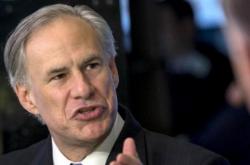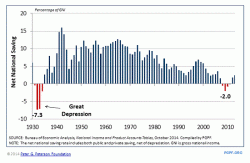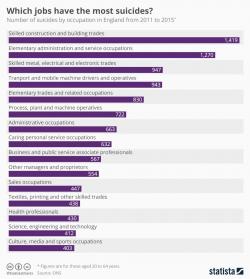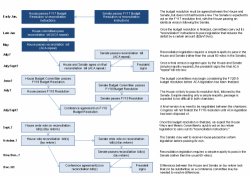74% Of Americans Plan To Work Past Retirement Age
For those wondering about the true strength of the US economy, look no further than Americans' post-"retirement" plans revealed in the latest Gallup survey, according to why only 25% of Americans plan to stop working past retirement age. Meanwhile, nearly two in three employed U.S. adults, or 63%, responded they plan to work past retirement age on a part-time basis, while an additional 11% said they will work full time once they hit retirement age.



